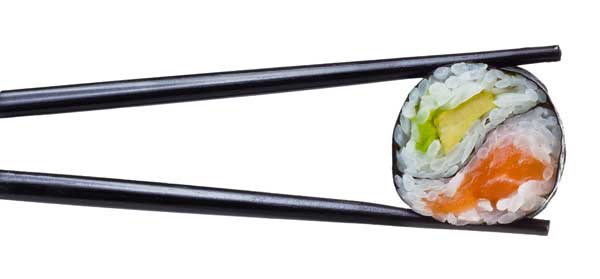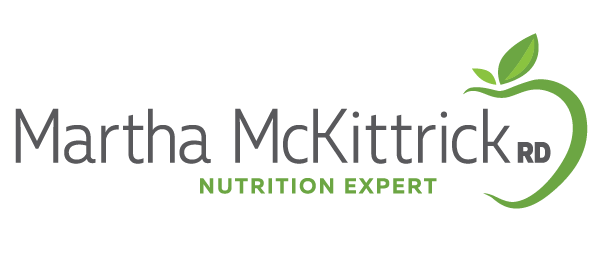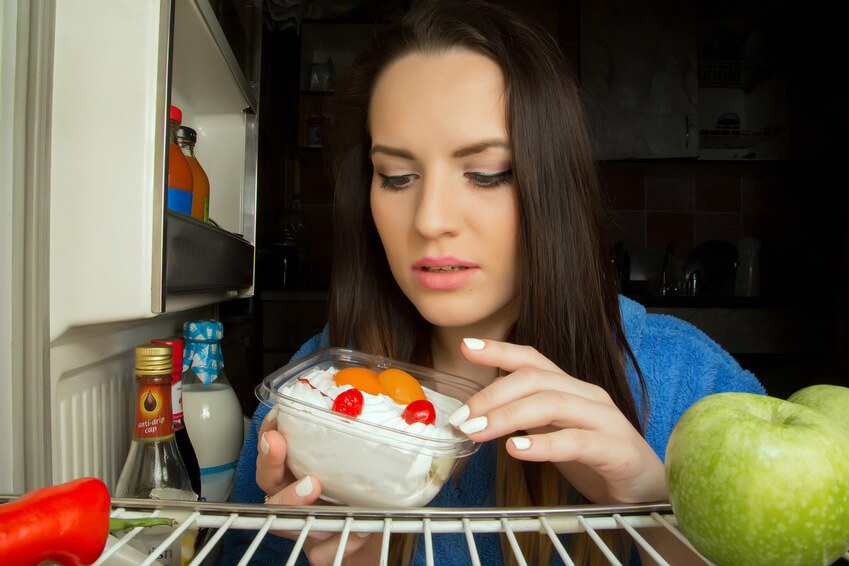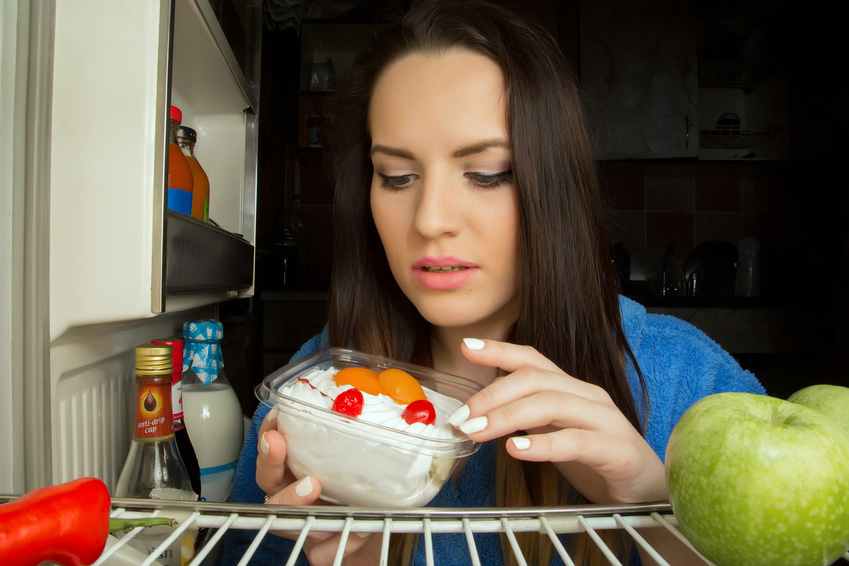Food Journal for PCOS

Keeping a food journal for PCOS is one of the most important things you can do. It can help determine what kind of plan works best for you as well as create more awareness of the areas you need to work on. There is no one size fits all diet for PCOS. We all have different lifestyles, food preferences, degrees of insulin resistance, genes, gut microbiomes to name a few. Our bodies react differently to various foods or food combinations. We have different food sensitivities and eating triggers. Keeping a journal for a few weeks can get you started on the path to finding the plan that works best for YOU. And very importantly, it can help make you aware of your problem areas so you can come up with plan!
Your eating and lifestyle habits play a major role in how you feel physically and mentally. The times you eat, your meal composition, the types of carbohydrates you eat as well as your stress, sleep and emotional health will all play a role in your mood, energy levels, weight and symptoms of PCOS. Your eating habits are important whether you are trying to lose weight, feel better, decrease symptoms of PCOS or just stay healthy. As a nutritionist, I spend much of my day listening to what people eat and I can say that very few people have the exact same eating habits! Our eating habits vary based on our schedules, if we like to graze or eat meals, whether or not we cook, how often we eat out, if we are stay at home moms or spend 10 hours a day in an office. Our eating habits are affected by our  emotions, environment, the people we spend time with and the amount of sleep we get. So it would make sense that there is no one size fits all approach to diet for PCOS.
emotions, environment, the people we spend time with and the amount of sleep we get. So it would make sense that there is no one size fits all approach to diet for PCOS.
How does food make you feel?
Not only do we all have varied eating habits, the food we eat affects our bodies in different ways. This in turn can impact our mood, energy levels and cravings.
You’re probably thinking “I already know what I eat”. Maybe you do. But have you really paid attention to how food makes you feel, how sleep (or lack of sleep!) affects your hunger or cravings, what happens if you go too long without eating?
One of the first questions I ask my patients is – how does food make you feel? Some of my patients tell me eating one cookie leads to intense sugar cravings, whereas other women others find eating a small piece of chocolate totally satisfies their sweet cravings. Other women feel that having bread at a meal opens the floodgates for wanting more carbs, while another woman feels her meal is not complete without a carb. You might find that an apple is a great afternoon snack for you, but another woman feels better with a higher protein snack like cheese or nuts. One of the most important things you can do when planning your meals is to pay attention to how food makes you feel.
 Journals versus apps; which is better?
Journals versus apps; which is better?
So we know that tracking what we eat can help us figure out what diet is best for you. But how should you track? I often get asked which is better, a calorie counting app like myfitnesspal or a journal. My answer is the journal hands down for a few reasons. I think apps can actually be harmful for some women by creating too much pressure to meet certain calorie or macro standards. In addition, there isn’t any room to take all the notes like you can in a journal. Now apps have their place at times. For example, if we wanted to see how much fiber you were taking in or get a calorie baseline. But I much prefer a journal because you can gather so much info. And the calories and carbs aren’t in your face.
What to include in your food journal for PCOS
The more info, the better! I would definitely recommend you include:
-The time you eat
-What you ate/drank and portion size
-Your degree of hunger before and after the meal
-Any physical feelings (especially if you have gastro-intestinal issues)
-Who you were with when you ate, where you were
-Any emotional feelings (like stress, boredom)
-How much sleep you got
-Exercise
-Water intake
Bonus info
Your goals for the upcoming day (like how you plan on handing a potentially problematic situation, your exercise goals, etc)
Your “wins” at the end of the day. (what you felt good about, what you resisted, etc)
2 things that you are thankful for
What you can learn from a food journal?
Once you’ve kept your journal for a week or so, it’s time to analyze it. Put on your detective cap! You can learn so much from a journal, including:
Does sleep affect your cravings or appetite the next day?
Do certain emotions cause you to want to eat?
What eating triggers do you have? (i.e. not having dinner planned in advance, going to the movies, chocolates on co-workers desk, etc)
Is your diet nutritious? Are you eating enough protein, fiber, veggies?
Do you eat past the point of fullness?
Do you go too long without eating?
Are there certain times of the day that you get hungrier?
Do you experience bloating, fatigue, headaches or just not feeling well after eating certain kinds of foods (i.e. wheat, dairy, sugar, gluten, soy)?
Do you eat more with certain people?
Bottom line
A food journal for PCOS where you record what you eat, emotions, sleep, hunger, and exercise is a great tool to get started on a healthy track – or to help keep you on track! Stay tuned for my next blog post on how to identify problem areas and come up with a solution!
Have you tried to keep a journal? Does it help you and/or what have you learned from it?
RELATED POSTS
MEET MARTHA
I especially love problem-solving, whether it’s helping women defeat issues plaguing them for years, helping a busy executive find practical ways to get heart healthy, or providing tips to help you reverse diabetes. That’s why I’m on a constant quest to expand my knowledge by staying on top of the latest research.

20 Ways To Eat Out 550 Calories or Less!
No time to cook? We’ve got you covered. Here are 20 healthy meals from a variety of cuisines that won’t pack on the pounds. Most of them also have less than 30 grams of carbs.
Subscribe to my newsletter and get this free download.




